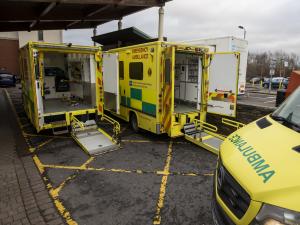
By David Young, PA
Ambulance workers on the coronavirus front line have expressed fear over what lies ahead as they brace for the hardest days of the pandemic.
Amid mounting pressure on the hospital system, crews are now often waiting hours with patients in parked up ambulances outside packed emergency departments until precious bed spaces become available.
The PA news agency accompanied one Northern Ireland Ambulance Service (NIAS) crew on shift this week.
Daniel McCollam, 31, and Ruth Corscadden, 32, work on the region’s north coast and have been responding to coronavirus calls throughout the pandemic.
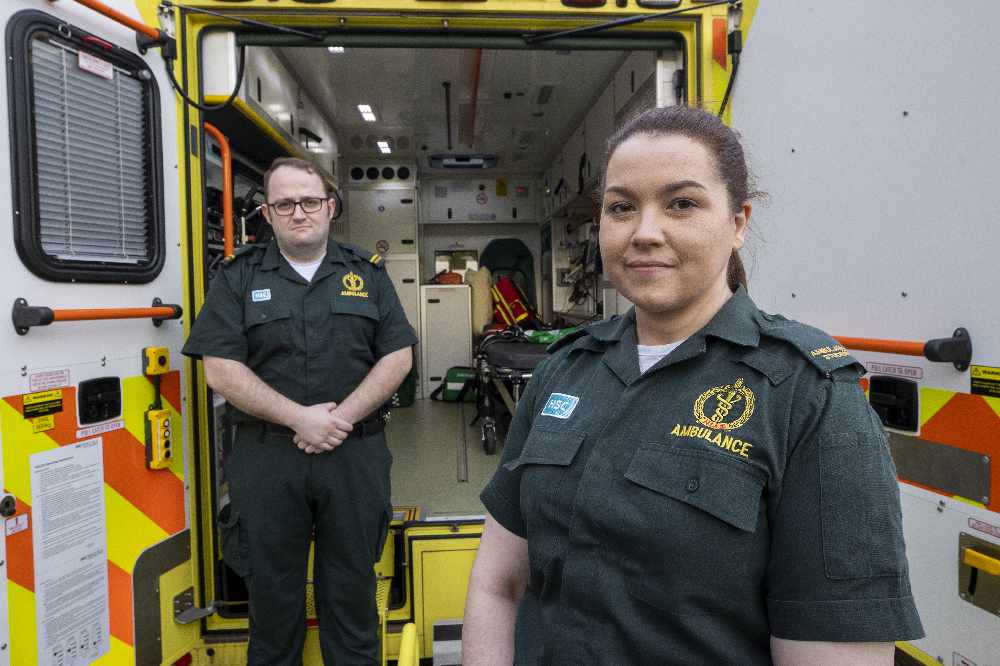
Currently more than a third of all calls to the ambulance service in Northern Ireland involve suspected Covid-19 patients. Of the 4,443 calls received in the last week, 1,514 were coronavirus related (34%).
“These next couple of weeks I would imagine are going to be quite scary for everybody involved,” said paramedic Mr McCollam.
“I’ve seen nurses in tears worrying about what’s going on at present and what’s yet to come.”
The crew’s patch covers the Northern Trust’s hospitals, which have witnessed unprecedented capacity pressures in recent weeks.
Around half of all Northern Trust patients are currently Covid-19 positive.
At one point last month, 17 ambulances were forced to queue outside Antrim Area Hospital as there was just no room inside to admit their patients.
Doctors and nurses resorted to treating the sick in the back of the vehicles in the car park.
Monday this week saw Mr McCollam and Ms Corscadden join several other ambulance crews parked up outside Causeway Hospital in Coleraine, all monitoring and comforting patients as they awaited admission.
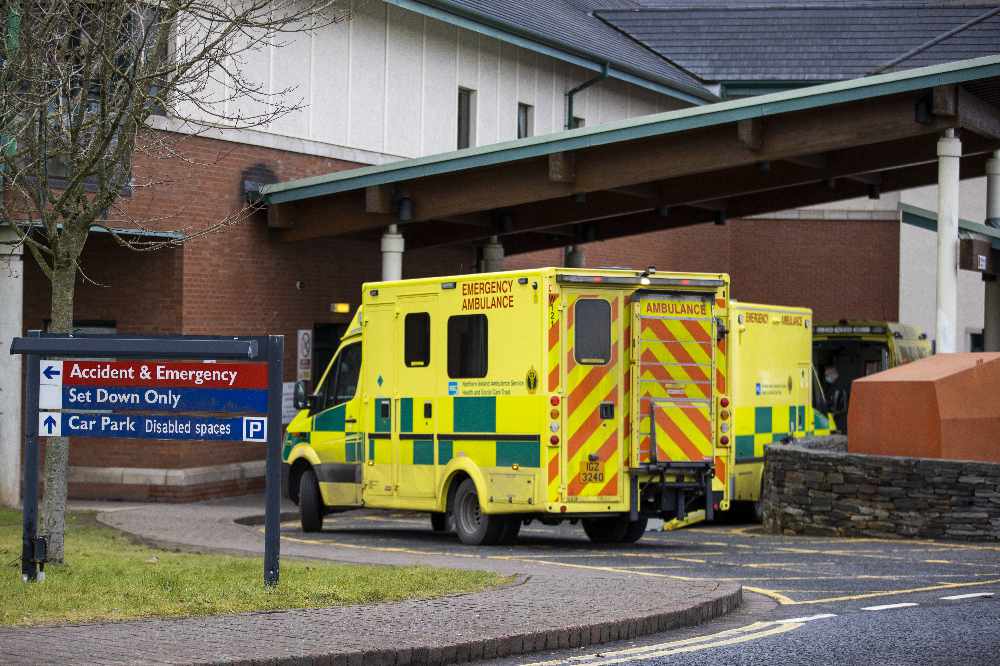
“My longest wait here so far has been four hours with a dementia patient who was very uncomfortable for the four hours,” said Ms Corscadden, who is a student emergency medical technician.
“But there’s not much you can do.
“You can try and make them as comfortable as possible.
“But it’s quite distressing for them at times.
“The concern is that the more ambulances queuing here, the less there are to respond to other calls.
“So there could be patients out there that are having to wait a lot longer to receive the care they need.”
Mr McCollam said lengthy waits were becoming more regular.
“Before waits of two or three hours, especially around our area, would have been nearly unheard of – usually we were turning round within the hour,” he said.
“Now sometimes it’s becoming an hour or two hours or three hours.
“And at some of the bigger hospitals there’s been waits of over seven hours.
“We’ve had staff recently finish six or seven hours after their shift finished, purely because there’s no space for them to get their patients offloaded and they have to continue to look after that patient.
“So really for us there is a massive increase in pressure as an organisation but also personally as well.”
Turing to the hospital, he added: “Everybody in the building behind me is exhausted, but they’re all doing their absolute best.
“From the people cleaning, the porters and the doctors and the nurses, every single person is giving it this next big push.
“But they are all worried, they’re all scared about what might happen.”
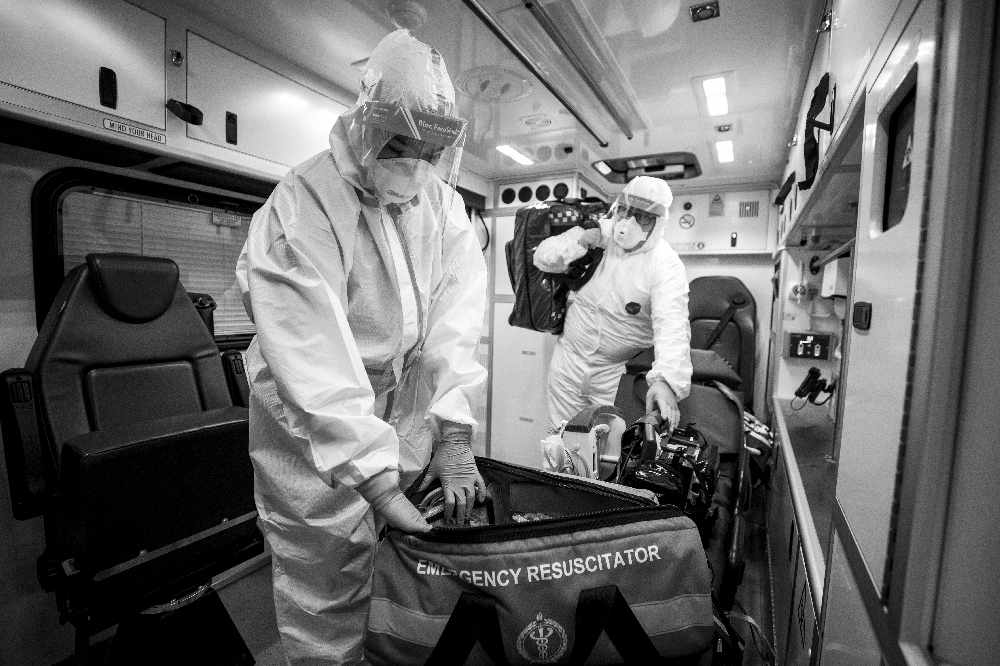
Standard personal protective equipment, including masks, aprons and gloves, is now mandatory for every NIAS call out.
When emergency care involving aerosol generating procedures is required, the crews have to don full body suits and wear specially-fitted respirator masks and visors.
Their vehicles have to undergo intensive cleaning after every patient – another drain on the available shift time to respond to 999 calls.
Routine exposure to Covid-19 patients also brings with it a constant concern about infection and a worry that they will bring the virus back to their own families.
On Tuesday, 92 of the NI ambulance’s service 1,000 frontline workers were absent due to Covid reasons.
When you add those to around 140 off for other reasons, it equates to a service tackling the pandemic’s most severe wave shorn of nearly one in four crew members.
At times during recent weeks the absence rate has been higher.
Conscious of the risk of infection, Mr McCollam said he has tried to keep distant from his loved ones in his Coleraine home.
“I am sitting in other parts of the house,” he said.
“It is difficult at times.
“I mean sometimes particularly with the pressures at work at the minute you do want somebody to talk to you, or you want to tell somebody about something that happened during your day.
“You’re also thinking that the last patient I was with was Covid positive and I was sitting in the back of the ambulance with them for two or three hours.
“And you just always worry that you’re going to carry it into the house.
“I think it’s a common worry amongst everybody.”
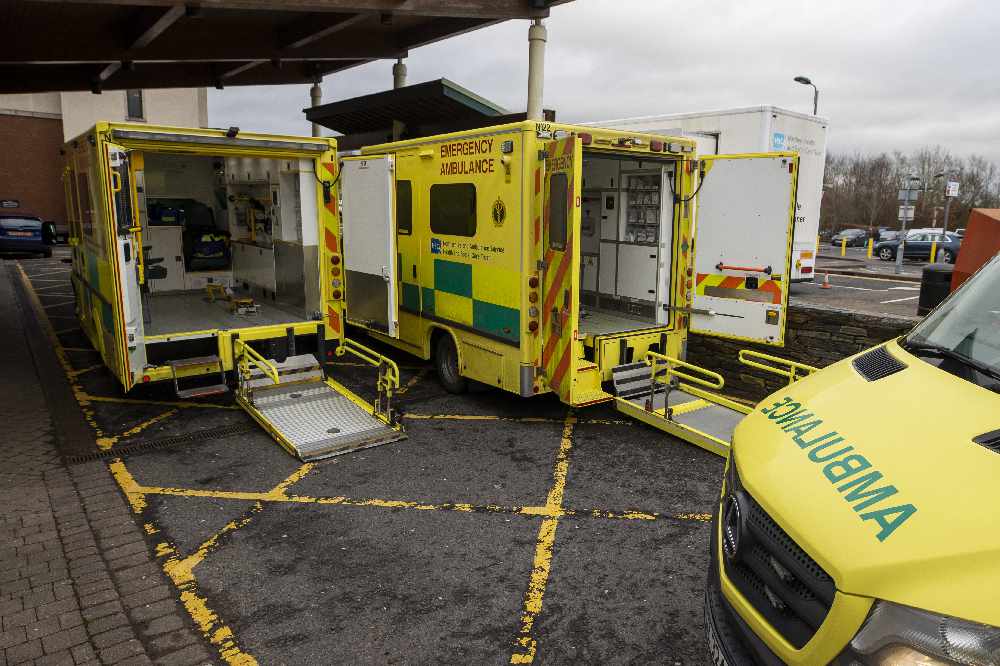
Ms Corscadden said it was easy to become paranoid about keeping the virus away from home.
“It’s making sure that you’re not going to contaminate your loved ones,” she said.
The Limavady woman said the fear of catching the virus was ever present.
“We’re just getting used to that fear and learning how to deal with it a little bit better,” she added.


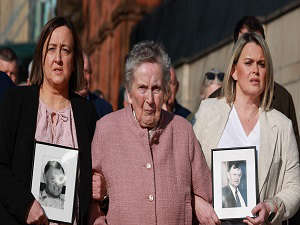 O’Neill writes to PM urging public inquiry into Sean Brown murder
O’Neill writes to PM urging public inquiry into Sean Brown murder
 Campaign to increase cancer awareness through pharmacies rolled out
Campaign to increase cancer awareness through pharmacies rolled out
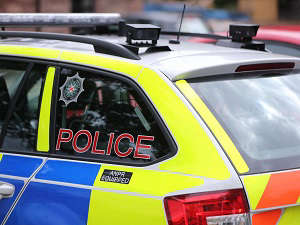 Concern over PSNI vehicles fleet, with 20% off road at worst point in 2023
Concern over PSNI vehicles fleet, with 20% off road at worst point in 2023
 Man released by police after Newry stabbing incident
Man released by police after Newry stabbing incident
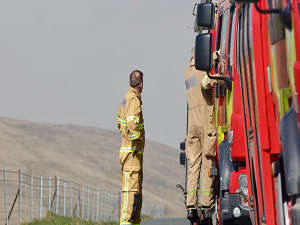 Firefighters tackle almost 150 wildfires across three days in Northern Ireland
Firefighters tackle almost 150 wildfires across three days in Northern Ireland